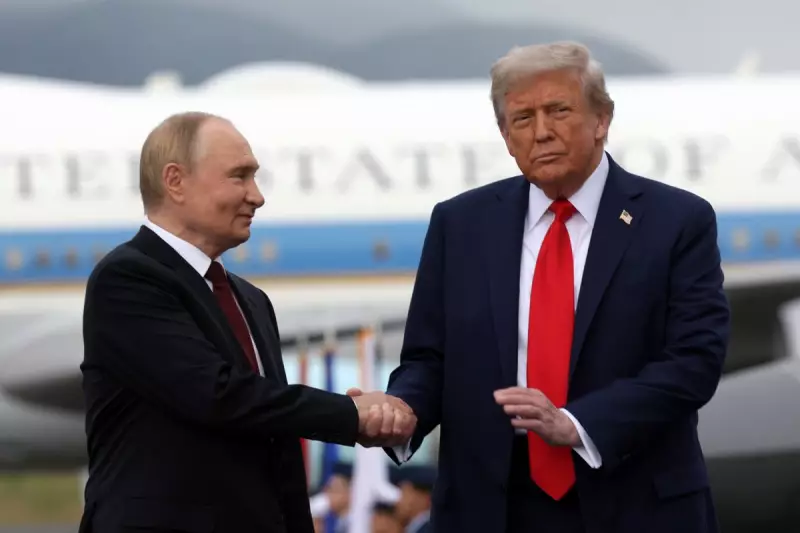
In a revelation that has sent shockwaves through diplomatic circles, former US President Donald Trump is reported to have privately floated the idea of allowing Russia to keep significant portions of Ukrainian territory as part of a negotiated settlement to the war.
According to an exclusive report, Trump suggested the creation of a Russian-controlled 'buffer zone' in Ukraine's eastern Donbas region and along the strategically vital Black Sea coast. This proposal, if ever enacted, would represent a monumental shift in American foreign policy and a direct concession to Vladimir Putin's expansionist ambitions.
A Stark Departure from Bipartisan Support
The alleged plan stands in stark contrast to the current, largely bipartisan US stance of unwavering military and financial support for Ukraine's territorial integrity. It suggests a potential future Trump administration would pressure Kyiv into accepting severe territorial losses rather than continue supporting its defence against Russian aggression.
Foreign policy experts have reacted with alarm, warning that such a move would not only reward military aggression but also fundamentally undermine global security norms. It would signal to autocratic regimes worldwide that national borders are negotiable through force.
The Kremlin's Long-Stated Goal
The concept of a 'buffer zone' is not new; it has long been a feature of Kremlin strategic thinking, aimed at limiting NATO's influence and creating a sphere of Russian control in Eastern Europe. Trump's reported endorsement of this idea aligns closely with Moscow's wartime objectives and propaganda narratives.
This revelation raises profound questions about the future of US commitment to its allies, particularly in Eastern Europe, and the potential unraveling of a post-World War II international order that has historically opposed territorial conquest.
Implications for the 2024 Election
The report places foreign policy at the heart of the upcoming US presidential election. It presents American voters with a stark choice: continue the current policy of supporting Ukrainian sovereignty or pursue a new strategy of appeasement that could have far-reaching consequences for global stability.
As the world watches, the debate over America's role on the global stage and its commitment to defending democratic nations against authoritarian aggression intensifies.





